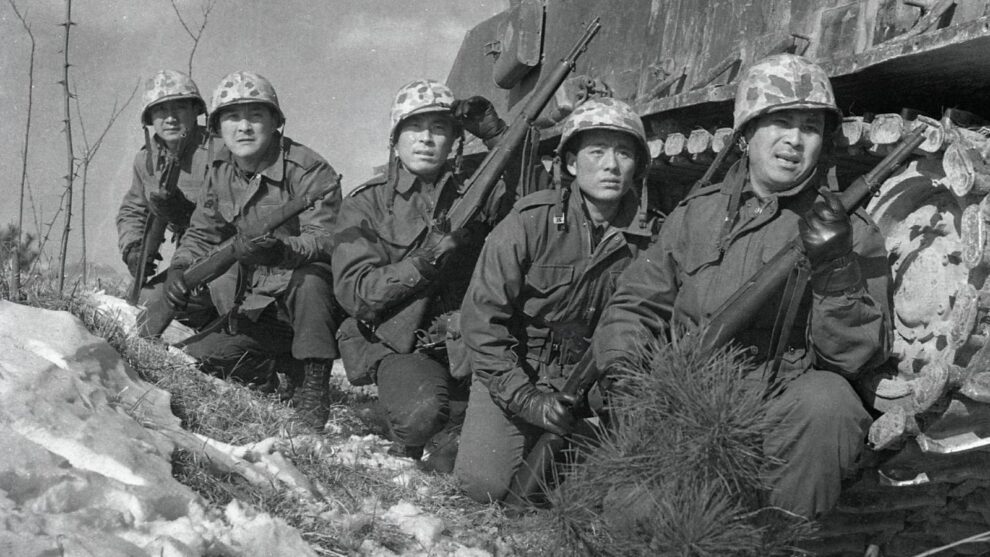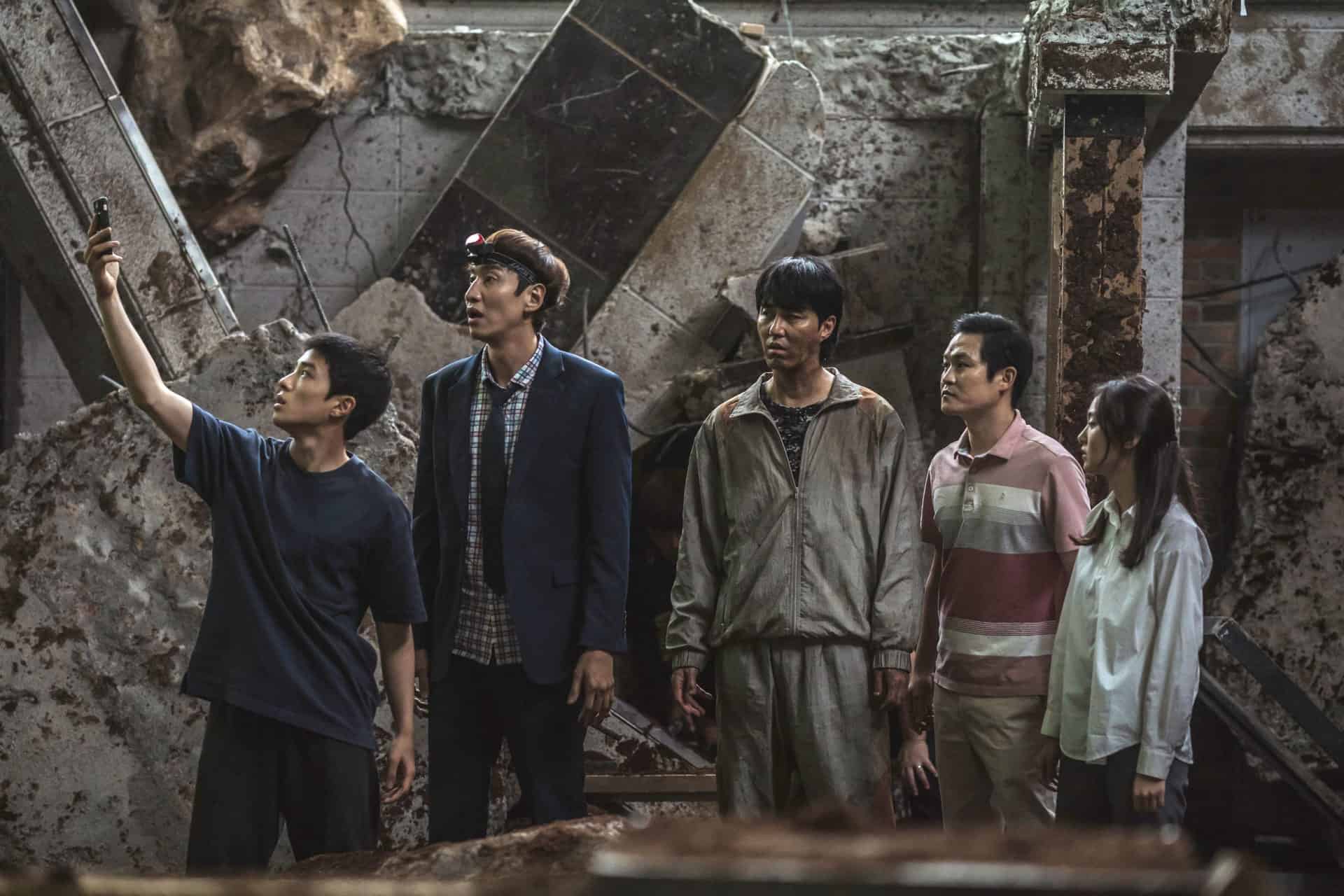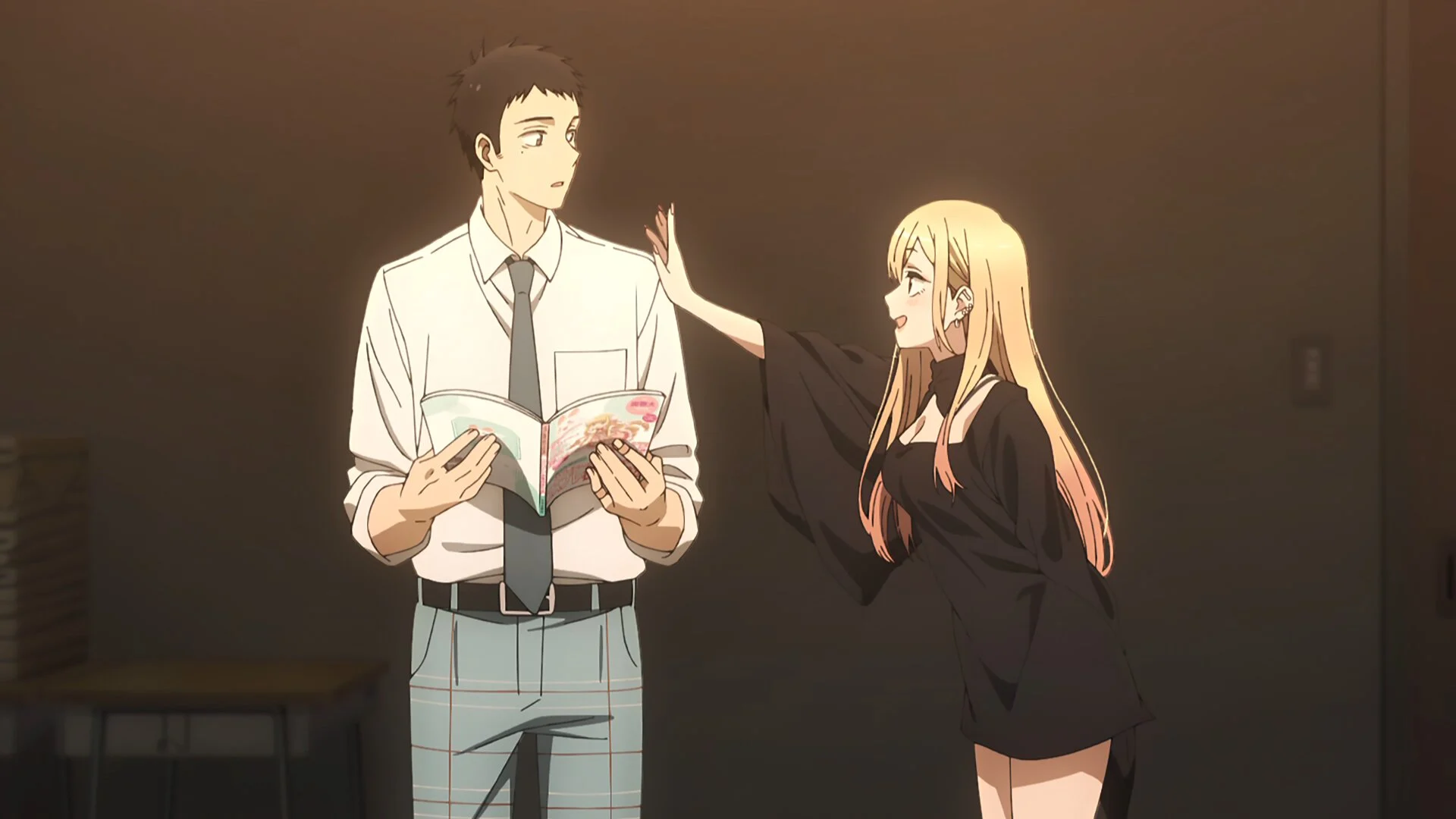Lee Man-hee's 1963 black-and-white war classic, “The Marines Who Never Returned” emerged as one of his most famous films. Lee himself was a codebreaker during the Korean War, beginning his career in film shortly after. Unclear if he faced the combat frontlines depicted in his movie, he nonetheless shows them with startling clarity and brutality in “Marines.” The title earned some of the earliest Grand Bell Awards, which began in 1962, earning Best Director, Best Sound, and Best Cinematography at the 1964 edition.
The Marines Who Never Returned is screening at Film At Lincoln Center, as part of the Korean Cinema's Golden Decade: The 1960s program
Over the course of nearly two hours, the film traces a group of South Korean marines, outlining the Korean War (and war, more broadly) from its cruelty to the joys derived from camaraderie. We enter during a difficult moment: the squad is quickly losing men in a dangerous position and they stumble upon a girl, Young-hui (Jeon Young-sun), whose mother is shot before their very eyes. Every facet of the soldiers' lives is explored as they are exposed to new environments and new situations.
Most effective is the way in which the director shows war as a way of life and vulnerable mode of being, not merely an exoticized abstraction of violent fantasies. In “Marines,” growing to love the squad is easy, but letting them go is hard. From the leader (Jang Dong-hwi) to each of the bold privates (Koo Bong-seo, Lee Dae-yub, among others), many of whom remain nameless, the chemistry within the squad makes for a delightful ensemble cast. No doubt is the affection for their “adoptive daughter,” Young-hui, one way to show such warmth in the splitting Janus-face of men: soldiers on one hand, surrogate fathers and uncles on the other. However, Lee is also not afraid to show that war is necrophilic, a gruesome display of necropower in the grand machinery of national power play. Scattered amongst the diverse shot types are horrifying wide-shot scenes of war that can only be described as bodies upon bodies, demonstrating that sometimes the most dynamic and moving of visuals are static.
Check also this interview
The combination of Grand Bell Awards bestowed on this film is apparent upon watching. A striking element of “The Marines Who Never Returned” is how much Lee is extraordinarily versatile in his camera direction. From the beginning of the movie, he shows his capabilities in employing unexpected yet fitting angles among more conventional framing. Likewise, the orchestral music by Jeon Jong-kun ranges from urgent battle accompaniment to melancholic genre scoring, but it is never so sweeping as to become overtly grandiose. Additionally, the music often leads the charge when it comes to instilling a sense of nationalism within the film's ambiance, beginning with the brassy horns of a training camp to the final moments of a choir's tune of martyrdom.
Lee Man-hee is honest to the core and graciously unhedonistic in his depiction of the Korean War, staying true to nationalist themes without caving to unrealistic displays of wartime heroism. For viewers eager to expand their exposure to Korean cinema to the classics, “The Marines Who Never Returned” is an excellent choice.















